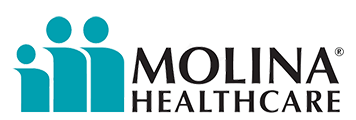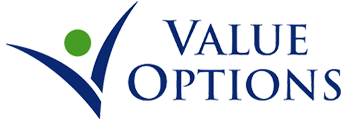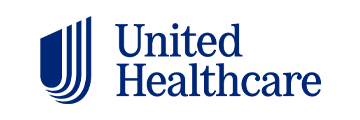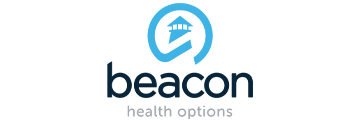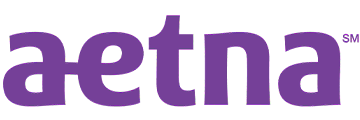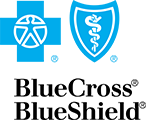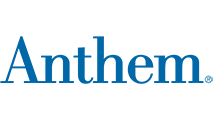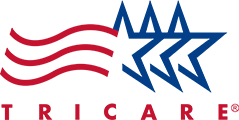Believe in Yourself
Seacrest Recovery Center OH
Providing substance abuse and mental health treatment, utilizing proven therapeutic methods and individualized treatment tailored to your specific needs
What is Family Therapy
Are you or your loved one is battling alcoholism or substance abuse? Opting for a treatment plan that includes family therapy techniques can positively impact your recovery from drugs and alcohol. For, the family exists as a system. A positive intervention in this close-knit unit will have a ripple effect and alter any challenging areas, including drug addiction. But, do you understand what family therapy entails? Here is a quick guide.
Significance of the Family System
Anyone referred to treatment for drugs, or substance abuse is a subsystem within the broader family unit. Their indulgence in substance abuse directly or indirectly affects the rest of the family. Family therapy reaches out to the client’s close social network with specific support to facilitate a positive treatment outcome. This social network includes spouses, children, extended family, and close friends. They take part in various.
Demystifying Family Therapy
Family therapy is one of the many therapeutic approaches useful in alcohol and substance abuse treatment. It aims to help clients develop and accomplish goals that encourage long-term abstinence from alcohol and substance abuse. The therapy focuses on the strengths of a healthy family to interfere with the client’s chemical dependency.
Family Therapy vs. Family-Involved Therapy
Note that family therapy focuses on the family units as its primary therapeutic grouping. In contrast, family-involved treatment is more about educating families on how their relationships develop and sustain chemical dependency amongst family members. Here, the program focuses on family behavior and its consequences concerning substance abuse. Unlike family therapy, family-involved therapy does not address the poor relationships that lead to chemical dependencies.
The Approaches
The following are some of the strategies used in family therapy for substance abuse:
• Attending family discussions
• Problem-solving sessions
• Roleplays
• Completing homework assignments
• Encouragement and rewards for accomplished treatment goals
These strategies may involve one, several, or the entire specific family group. A typical family therapy curriculum will include:
1. Working on set behavioral goals and rewards
Here, the participants identify triggers of alcohol or drug abuse, come up with goals on how to manage them, and then agree on a set of rewards for accomplishing these goals.
2. Involving the family and the client in developing the treatment plan
The participants set priorities depending on the extent of the problem at hand.
3. Dealing with self-control and environment-control
Clients learn how to identify and manage their negative thoughts, feelings, behaviors associated with alcoholism and substance abuse. Also, they explore their environment to remove or manage people, negative emotions, or lifestyles that sustain poor behaviors.
4. Communication skills and job-getting skills training
Participants take part in exercises that help them interact in a respectful, positive, and caring manner. Plus, they discover ways on how to solicit job openings and take part in successful job interviews.
5. Financial management
Here, family members review their current incomes and expenditure patterns with the view of making sound financial decisions that minimize conflict.
Benefits of Family Therapy
Family therapy uses a holistic approach that promotes a drug-free or problem-free interaction amongst family members. In turn, the participants benefit as follows:
• Most persons struggling with substance abuse live isolated lives, away from their loved ones. Family therapy brings a broken family together in a safe, controlled environment, with adequate professional help at hand.
• It promotes honest interactions amongst family members
• Families learn to forgive, trust, and support each other through the recovery process
• The client goes through the recovery from drugs and alcohol with full support from the close family and under the guidance of a well-trained family counselor
• The family gets a better understanding of how their lifestyles promote chemical dependency to their members
• Family members interact through discussions, group assignments, enhancing communication and problem-solving skills
• The therapy encourages empathy towards the client
• Participants learn how to manage their anger, leading to fewer conflict flare-ups in the future
• The participants acquire life skills necessary for a healthy, functional family. These include communication skills, conflict management, decision-making, and financial literacy.
Conclusion
Is your chemical dependency causing conflict in your family, leaving you isolated from the ones you love? Consider taking part in family therapy for the treatment of substance abuse. It is a dual process that promotes your recovery while healing your family unit. Let us help you. Our team of professional counselors will guide you in a safe and controlled environment to ensure you overcome the addiction and lead a drug-free lifestyle afterward. These experts are available 24 hours a day. Call us today!
Today Is The Day
You Never Have To Feel This Way Ever Again
One simple call to our caring and compassionate staff, and you can be on your way to a lifetime of freedom and recovery

As Seen On Hulu
Seacrest Recovery Center is The Featured Drug & Alcohol Rehab on Jelly Roll's Save Me Documentary on Hulu Originals
Trusted Treatment Provider
Certified and Accredited Both Locally and Nationwide
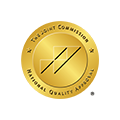
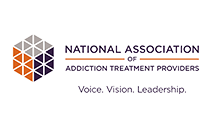

Our Clients Believe In Us
And We Believe In Them!
Here Is What They Are Saying
About Seacrest Recovery
Your First Step To Recovery
Our Locations

Columbus OH

Eatontown NJ

Willard OH


